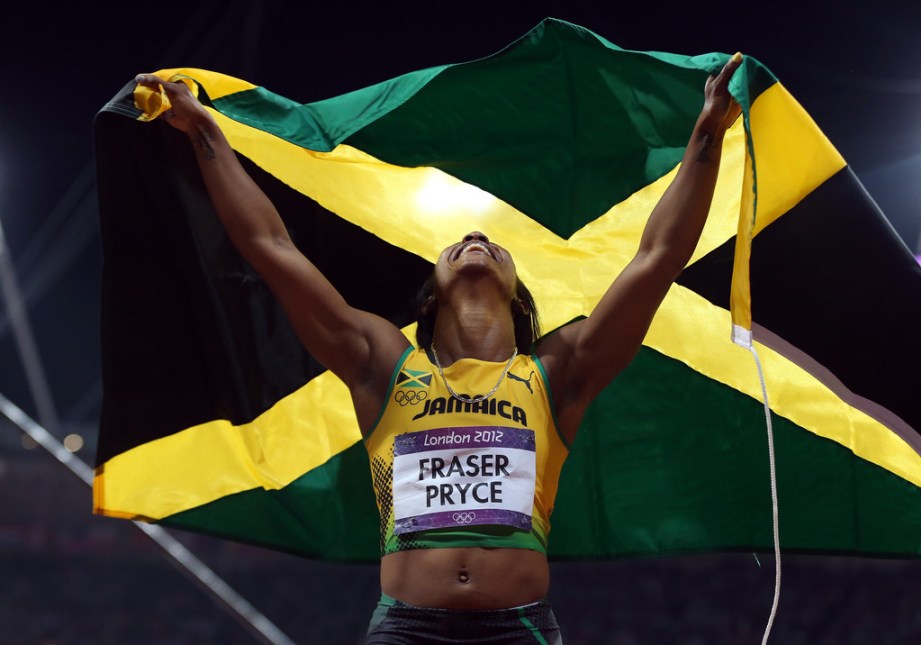When is a dream too costly to pursue?
Since Ryan Lochte and Gabby Douglas won their gold medals at the Olympics their personal lives have been under intense scrutiny. Commentary on his grill, and her hair aside, I found the conversation surrounding their finances quite interesting. Or rather, the conversation surrounding their parents’ finances. Both of their families have incurred severe debt and faced foreclosure, allegedly due in large part to the costs of supporting their Olympic endeavors.

As a swimmer and a gymnast, Lochte and Douglas are elite athletes in sports that are prohibitively expensive to the average person. While swimming pools and gyms abound, the cost of training, equipment, coaching, supplements and lost income for traveling parents are significant. The parents of an aspiring Olympic athlete may have to spend tens of thousands of dollars annually before having any guarantee their child will make the team in their chosen sport. Four time Olympic speed skater Eric Flaim estimated he spent over $100, 000 a year. One article suggests a parent would have to spend at least $400, 000 to raise an Olympic table tennis competitor.

Which brings me to the question in this post’s title: When is a dream too costly to pursue? I can’t imagine being in Natalie Hawkins’ (Gabby’s mother) shoes and choosing to pay for leotards, and the costs of training with the nation’s finest coaches, over paying my bills. To be clear, I think she made the right decision. Perhaps she was truly convinced her daughter was going to be the star she is today. Or maybe she was willing to make whatever sacrifice was necessary to give her daughter a fighting chance at her dream. It certainly seems so, since she has noted how hard it was for her to send her daughter to live with a host family so she could train with her current coach.
I also can’t imagine making the decision that Gabby did to request that sacrifice from her mother. Even as a young child, knowing the financial difficulties that my mother faced, there were some dreams I wouldn’t even mention because I wouldn’t want her to contemplate any more sacrifices for me. I never wanted her to have to choose between paying a bill, and supporting me in some new endeavor. To be clear, I love Gabby and everything she accomplished, I just wonder how they got through those days when they knew pursuing her dream could be leading them to financial ruin. What if she never made it to the Kellog’s box and they were sitting at home, watching the Olympics on the tv like the rest of us, with a stack of unpaid bills in the corner?

For every Gabby and Ryan, there are hundreds, or even thousands more who dared to dream, and failed. Sure, there are philosophical arguments about how “the only failure would be to never try”. But to be realistic, the same people cheering Gabby and her mom on now, would be scoffing at them if they had lost all that money and had no glory to show for it. How many times has a friend shared a dream with you and though you verbally encouraged them, you thought This person is never gonna make it and they’re about to waste their money pursuing foolishness. I know I’m not the only one. I try not to be a dreamkiller. In fact, I’m usually the one telling people to conquer their fears and dare to do the impossible. Just this week I tried to convince a friend to drop out of law school and pursue her acting ambitions. When it comes to me however, I am logical and practical to a fault, and can find a way to talk myself out of any risky pursuit.
But playing it safe never got anyone very far. Everyone we consider legends now all had notable ‘failures’ before they garnered success. So it seems you have to make risky, seemingly irrational decisions if you want to win big. But how much of a risk is too much? The cost of Gabby and Ryan’s dreams would’ve been way too much for me. I’m way too concerned about having a roof over my head and dollars in my bank account. Perhaps for them the cost of not pursuing their dreams was greater than the cost of persisting against all odds. I’m happy that for them, the risks paid off.











